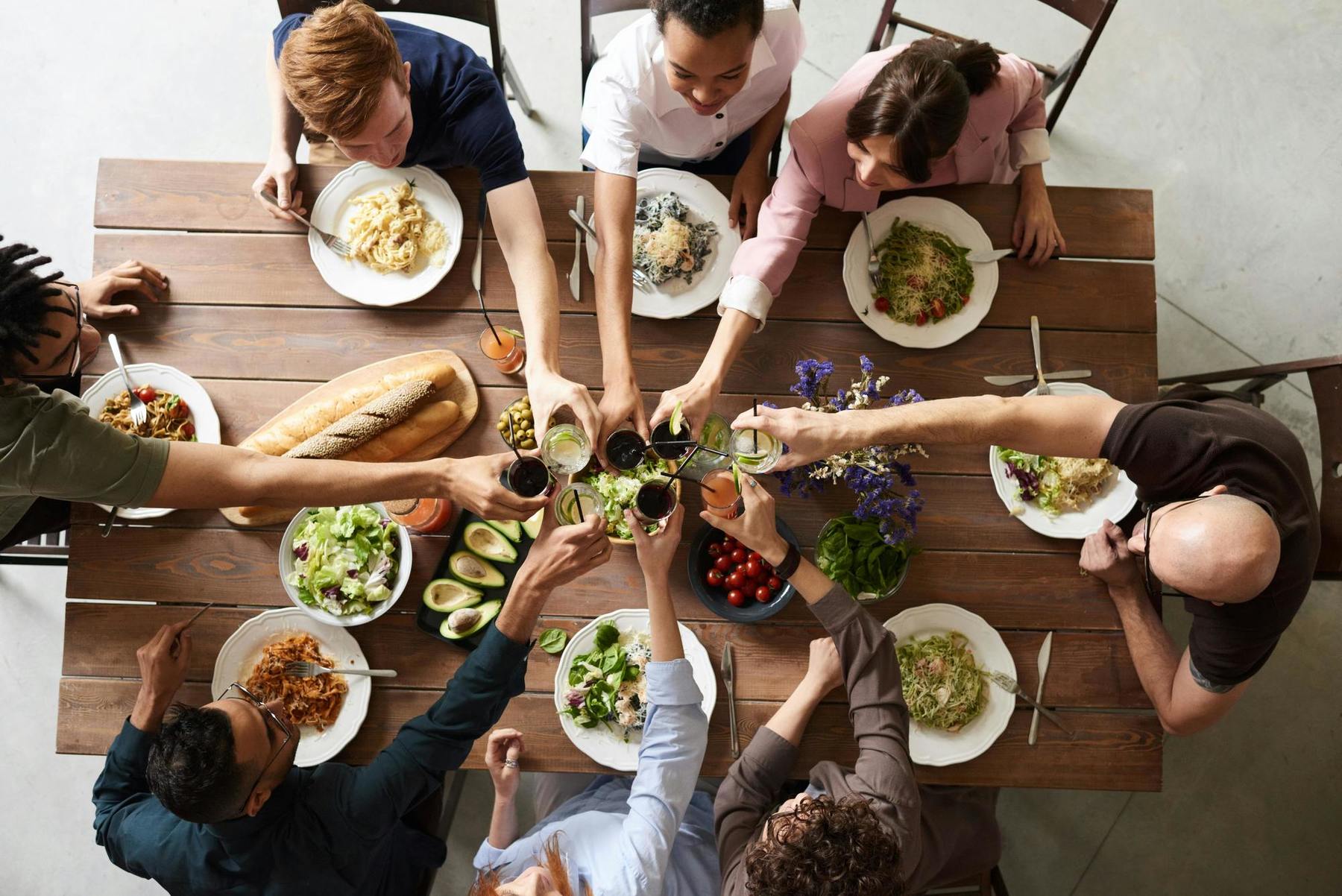The holidays bring together people, memories, traditions, and often, overwhelm. While returning home can feel comforting and nostalgic, it can also activate old family roles, emotional patterns, and expectations that no longer fit who you are.

Thrive Blog










